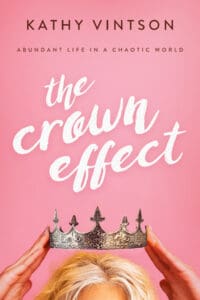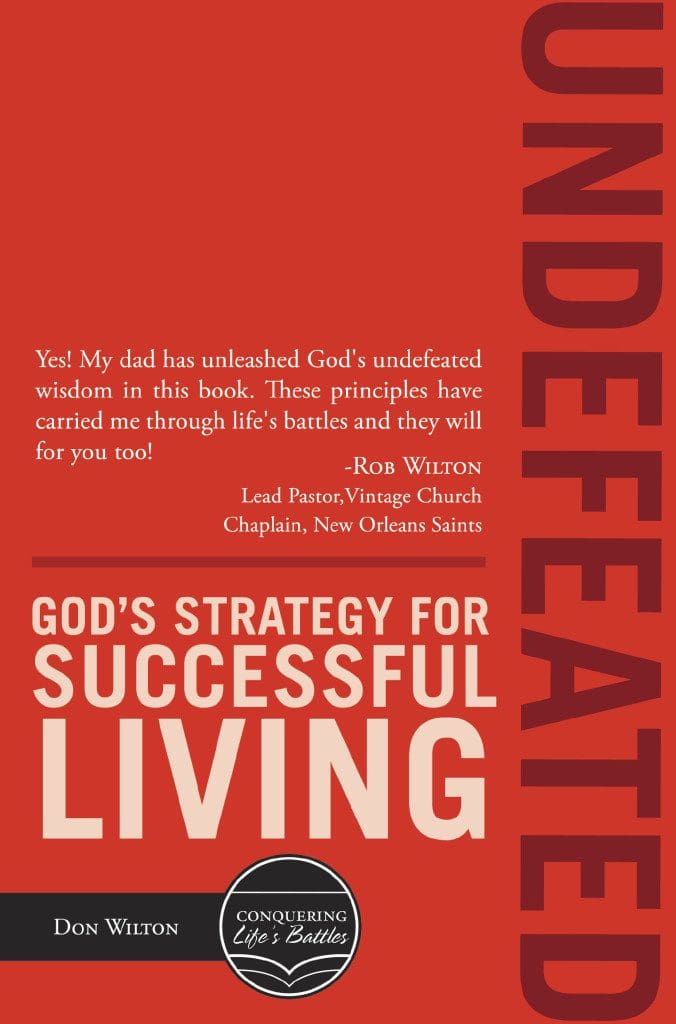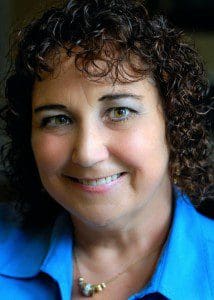Social Justice Goes to Church:
The New Left in Modern American Evangelicalism
(Ambassador International, Belfast, 2020)
Jonathan Harris
Reviewed by Colin R Reeves
The idea1 of ‘Social Justice’ has been creeping into the evangelical church for some years, although many believers were probably unaware of it. Even many pastors in the UK may not have seen it as a significant threat. But with the rise of ‘Black Lives Matter’ in 2020, we are now saturated with it. Christians are becoming ‘woke’ in the UK2, if not yet as much as in the USA. A narrative based on ‘critical theory’ has taken hold, especially in the area of ‘race’ although feminism, LGBT and transgenderism are coming down the tracks.
How did this happen? Jon Harris has studied this phenomenon3 for several years, having come across it while a student at Southeastern Baptist Seminary. There he found lecturers emphasizing categories taken from critical theory: the fundamental idea being to divide people into two groups based on power relationships; you are either a power-less ‘victim’ or a power-full ‘oppressor.’ These categories do not depend on actual sins of oppression, or actual victimization; rather they are based on group identity—black people, women, homosexuals are victims; white people, men, ‘straight’ people are oppressors. On this basis, terms such as ‘systemic racism’, ‘white privilege’, ‘standpoint epistemology’ have become embedded in our culture, and are now making headway in the church4. Rather than viewing culture through the lens of biblical categories, ‘woke’ leaders now apply secular categories to the Scriptures.
As a historian, Harris knew that a similar emphasis had arisen in evangelicalism in the 1970s, before apparently fading away. I am old enough to remember when books by Ron Sider and Jim Wallis were popular. Harris shows that it did not go away, and he traces the way in which some in the next generation of evangelicals quietly absorbed the message of social concern as defining the gospel. Moreover, the social action promoted was not the older idea defined by the Lausanne Covenant of 1974, but was taken from critical theory—a blend of the cultural Marxism of the Frankfurt School with post-modernism. More central social concerns of the 1970s, especially abortion, were largely ignored.
One of the key personalities in this ‘progressive’ evangelicalism, besides Sider and Wallis, whose Sojourners magazine carried the post-1970s torch, was Richard Mouw (Fuller Seminary), who sought to provide their ideas with a theological underpinning. Harris provides a clear analysis of his thought and influences. But the revival of progressivism in the early 2000s owes most to Timothy Keller. His book Generous Justice (Penguin, 2012) was a milestone in the introduction of what are now called ‘woke’ ideas into mainstream evangelicalism.
That book has not been without its critics, both for its re-definition of what the Bible means by justice, and for his misuse of a famous sermon by Jonathan Edwards. But Harris’s Appendix, devoted solely to Dr Keller, discusses his influences, starting from the cultural Marxists of the Frankfurt School, and moving on to progressives like Mouw, Sider, Wallis and John Perkins, and post-modern thinkers like Foucault. He then shows Keller’s development through acceptance of systemic injustice and white privilege, documenting this from his sermons. Keller’s big idea all along has been to ground Marxist solutions on a biblical basis; unfortunately the Marxist house is incompatible with the biblical foundation.
Harris reports all this largely without comment—in fact, the book as a whole is dispassionately written; his aim is to describe the different streams of thought that have brought evangelicalism to a state where (apart from a significant movement of the Holy Spirit) a separation of ‘woke’ and ‘unwoke’ leaders and churches is becoming likelier by the week. Harris’s own views on these developments are clear from his video channel, but here he is content to act as the historical reporter and leave the drawing of conclusions to the reader. As such, it is highly recommended to elders and concerned laypeople alike.
I had several reactions of my own, which could fill pages! I will confine them to a few comments on what is exemplified by Tim Keller, since he is the most well-known of these names. He is also one whose writings have benefitted many people (including myself), and I know of people who have been saved by reading The Reason for God or The Prodigal God. But Harris’s “deep dive” into his works has raised some important issues.
Firstly, his fascination with Marxism: according to Harris, Keller believes that Karl Marx was the only “major thinker,” other than God Himself, with a high view of labour. This is astonishing! Marx was a notorious workshy free-loader; surely Dr Keller is aware of the stress laid by both Luther and Calvin on the dignity of work—a view that goes back at least to St Benedict of Nursia in the 6th century, and, of course, to the apostle Paul.
Then there is Keller’s unsettling view of truth is; not as objective, but (with the post-modern thinkers) as a means to power, while agreeing with the idea that has become known as ‘standpoint epistemology’—the notion that certain ‘oppressed’ groups (e.g., black people, homosexuals) have insights into ‘truth’ that oppressors do not. The black preacher Voddie Baucham calls this “ethnic gnosticism.” In theory, Keller does not hold this view himself, rather he argues for Christianity as a third way: progressives and conservatives both have some things right, so Christians need to carry out a sort of triangulation.
But the Frankfurt ideology he admired as a young man keeps surfacing, particularly in his way of understanding Scripture. Thus the “central story of the Old Testament is liberation of slaves from captivity;” while the “storyline of the whole Bible is God’s repeated identification with the wretched, powerless, and marginalized.” Really? How about “God glorifying His Son by redeeming a people for Himself”?
Perhaps the most worrying aspect of Keller’s adoption of critical theoretic categories is his application of them to the work of Christ. He speaks of the Incarnation in ‘Social Justice’ terms: Jesus laid aside his ‘power and privilege’ to suffer ‘oppression’ at the hands of ‘elites’. Using CRT categories and vocabulary is a problem in itself, but he goes on to apply them to the Cross:
through endurance of violence and human injustice he paid the rightful penalty of humanity’s sin to divine justice.
This should sound alarm bells. What is meant by through endurance…? It could be no more than the fact that Jesus was crucified at the hands of men (Acts 2:23). But it sounds as if the human violence and injustice was the instrument whereby the penalty for sin was paid. That injustice, however, was not the rightful penalty for our sins; rather, it was the wrath of God. As Turretin remarks, the sorrow and agony of soul that Jesus felt in Gethsemane was not caused by the fear of what men would do, but the prospect of being made sin for us, of facing God the Father’s “avenging justice” as our substitute. Why invoke power dynamics rather than the traditional biblical categories of atonement?
It is becoming increasingly clear that ‘Social Justice’ is a different religion, and I commend a thoughtful study of Jon Harris’s book as a means to understanding this religion, and how it differs from Christianity.
Learn more about Social Justice Goes to Church.
Notes:
1 There is nothing unbiblical about social justice, as generally understood in the past: applying the norms of biblical justice within society; see the Dallas Statement at https://statementonsocialjustice.com/. ‘Social Justice’ (in quotes, upper case S and J) is used here to denote the secular version based on critical theory.
2 See the report on the AberLite conference in the October 2020 issue of Evangelical Times.
3 See the extensive archive of podcasts at https://www.socialjusticegoestochurch.com/archives/
4 Ben Lindsay’s book We Need to Talk About Race (SPCK, 2019), highly recommended in some quarters, is a prime example of how these unbiblical ideas are getting into evangelicalism.

 Be prepared to laugh through, cry over and relate to Vintson’s journey while learning what it means to see yourself the way God does, knowing you can face darkness when you walk in the light of God’s grace, right in the middle of the chaos.
Be prepared to laugh through, cry over and relate to Vintson’s journey while learning what it means to see yourself the way God does, knowing you can face darkness when you walk in the light of God’s grace, right in the middle of the chaos.






 singer, songwriter, worship leader, and recording artist based in Belfast, Northern Ireland, and he may be most known for his song “Days of Elijah.” We were {are!} thrilled to partner with him in bringing the message of Warrior Poets of the 21st Century to the world at large. Warrior Poets of the 21st Century was published by Ambassador International in 2007.
singer, songwriter, worship leader, and recording artist based in Belfast, Northern Ireland, and he may be most known for his song “Days of Elijah.” We were {are!} thrilled to partner with him in bringing the message of Warrior Poets of the 21st Century to the world at large. Warrior Poets of the 21st Century was published by Ambassador International in 2007. not about personalities or individuals, or specially gifted folks, or style, or technique. It’s not a ‘how to’ book, or a work book, or a ‘here’s a service schedule that’s bound to work’ type book. It’s about how God calls us all to be His worshippers and how, perhaps, every single one of us can, through a deeper understanding of worship, make an impact and a difference in the society in which we live.
not about personalities or individuals, or specially gifted folks, or style, or technique. It’s not a ‘how to’ book, or a work book, or a ‘here’s a service schedule that’s bound to work’ type book. It’s about how God calls us all to be His worshippers and how, perhaps, every single one of us can, through a deeper understanding of worship, make an impact and a difference in the society in which we live.









